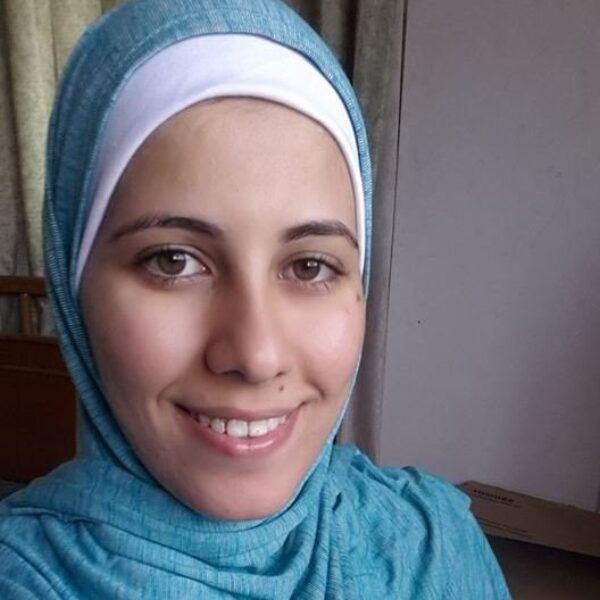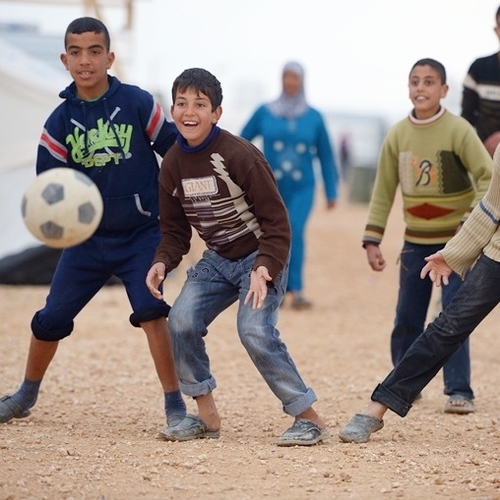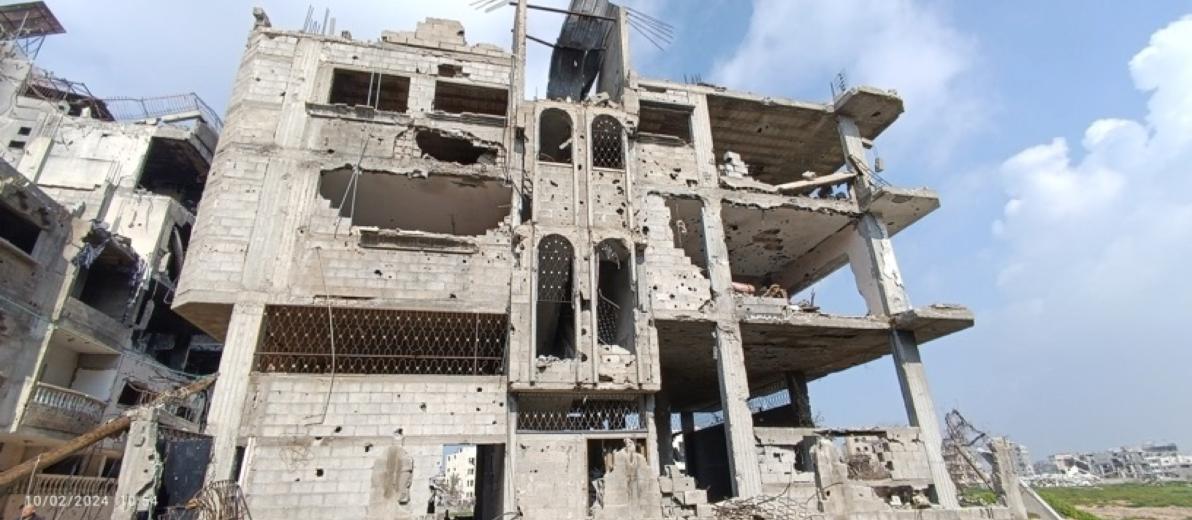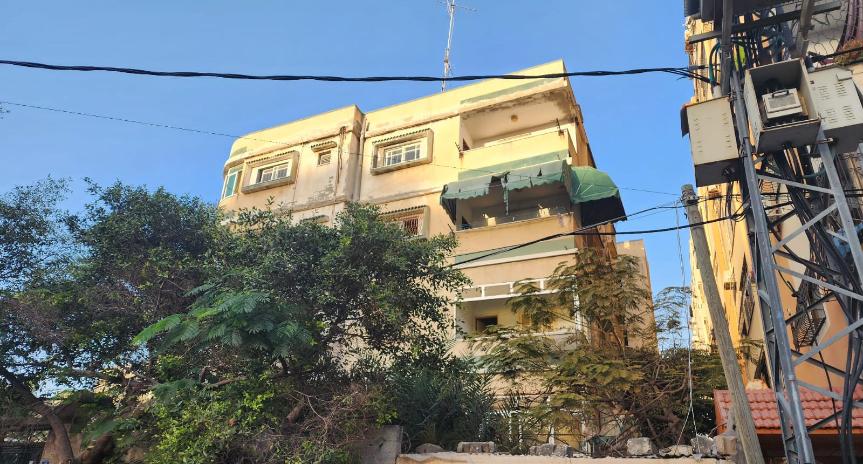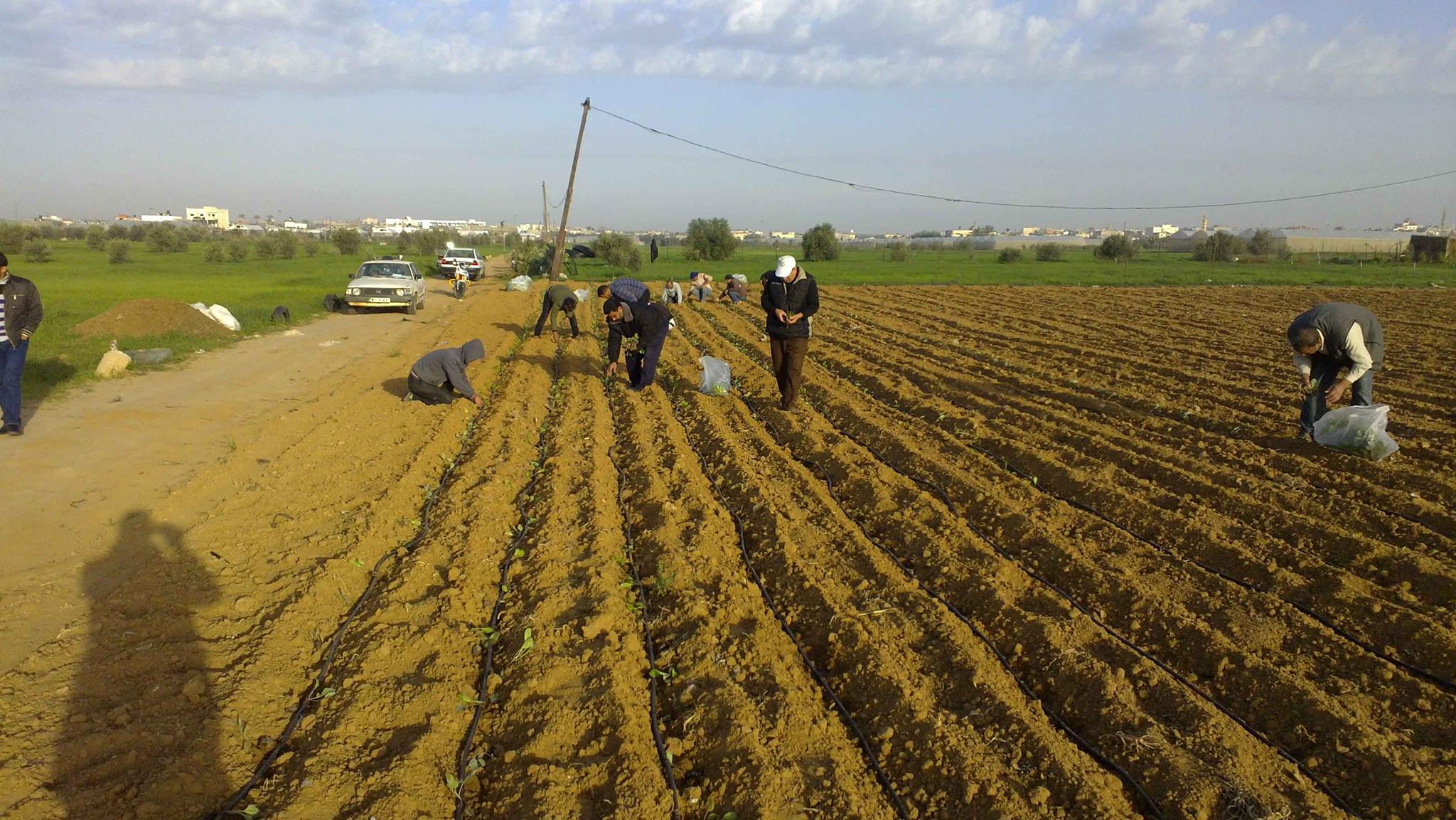
It was the summer of 2014.
“Don’t go too far, Mohammed; we promised my father we’d come back early,” shouted Ali as he watched his cousin disappear among the trees in the field the family owned in Khuza’a, a village near Khan Younis in the southern Gaza Strip.
“Don’t worry, I’ll be back soon,” Mohammed yelled back.
Playing outside is what virtually all children in Gaza do on hot summer days. When the power is out, as it often is for 12 hours a day, there is no electricity, no internet, no TV. But “boys will be boys,” and they find fun wherever they can. Playing outdoors is the only way of escaping their hot and humid houses.
Every summer holiday, Mohammed and Ali, both 10, were together almost nonstop. They ate together, laughed together and cried together. Ali was calm, while Mohammed was often naughty, but they were inseparable.
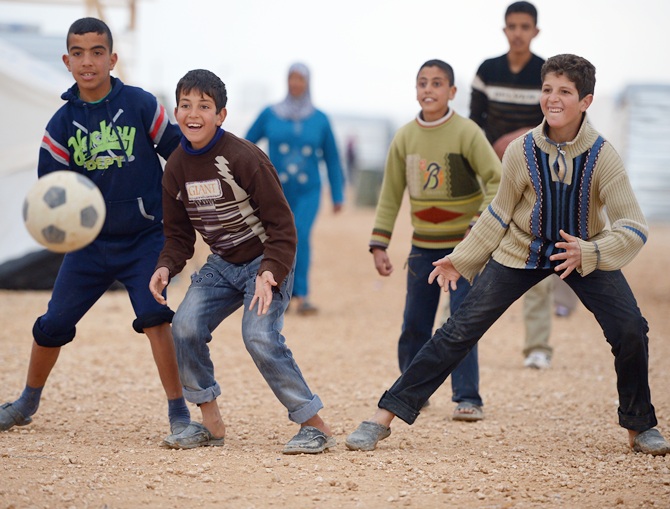
They played football (soccer) in the street with other local children. They watched their relatives work the land—sowing seeds and irrigating the plants—then finally harvesting the tomatoes and other produce. They enjoyed the harvesting part the most. They loved carrying boxes full of tomatoes to a van waiting by the field, which would then deliver them to the market. But other times, they would escape to play hide and seek and other games. They were happy despite the Israeli blockade.
But it was not to be a normal summer.
On June 28, the holy Islamic month of Ramadan began. Mohammed and Ali pledged to join the adults and mark the occasion by fasting for the first time. They were eager to know what it felt like to eat or drink nothing from sunrise to sunset.
However, on the 10th day of Ramadan, Israel launched a vicious assault, triggering a severe lack of food and clean water, and wracking the children with dread. It was very hard to go without food or drink all day and then not be able to find even a sip of water to break the fast.
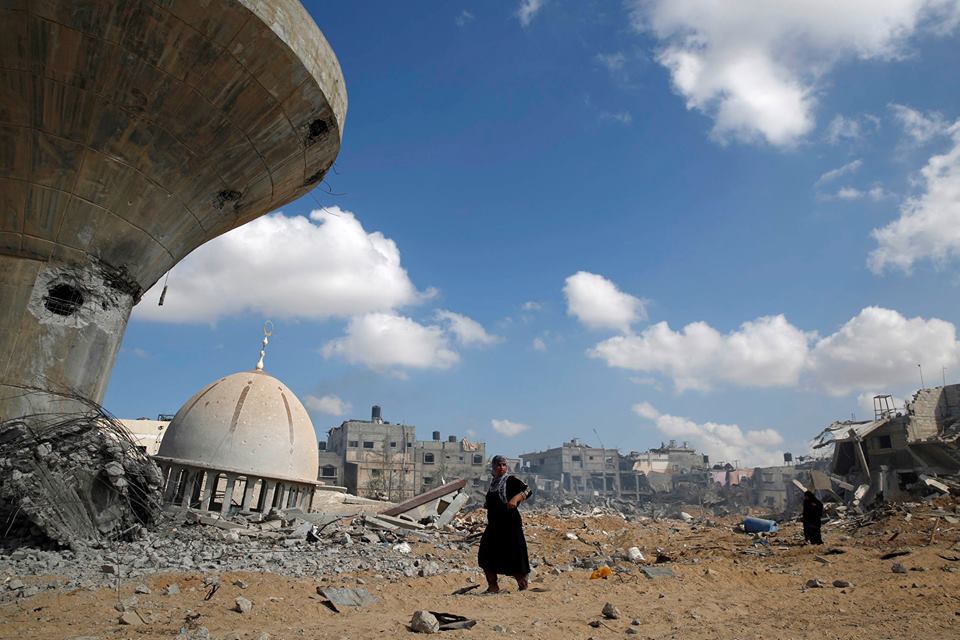
Gaza’s streets were largely deserted. No one would venture out because the bombing was everywhere. The few children outside played in an area sheltered by tall apartment buildings, in narrow lanes just a few feet from their door and under the watchful eye of their parents.
July 24 dawned very hot. Death seemed to sniff at the cuffs of everyone’s pants. Under the ever-present hum of circling drones, Gaza had the feel of a massive graveyard.
Then the Israeli occupation forces announced a temporary ceasefire and the residents of Khuza’a finally ventured out. Mohammed’s family was very short on provisions so his father went out to shop. Other residents walked around the neighborhood or just sat outside in front of their houses to break their “stir crazy” feeling. Mohammed and Ali did the same, talking, laughing and playing around a few feet from their door.
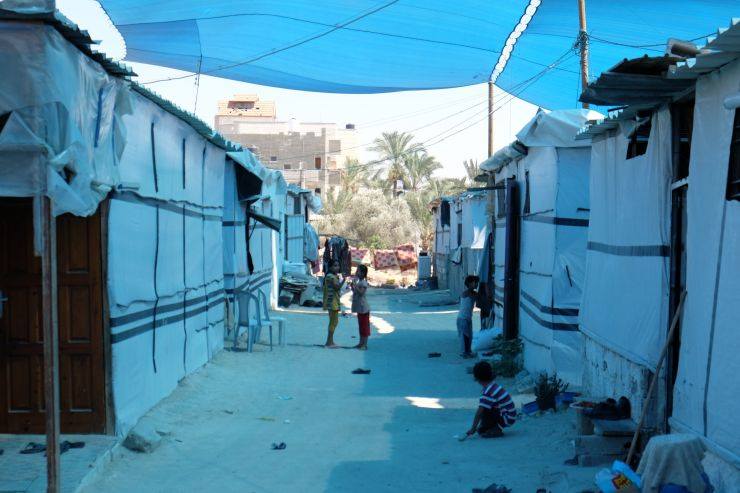
Suddenly, out of the blue, Ali was struck by an Israeli missile. He died instantly. The shockwaves threw Mohammed a few meters away. He stood up with blood on his shirt, dust on his face. He was terrified, but he didn’t even imagine Ali was hurt. Then he saw his cousin lying on ground, with his intestines spilling out of his blood-covered body. He ran hysterically to his uncle, Ali’s father. Mohammed screamed, “Here is his blood. On my shirt.” Ali’s father ran to the street. When he saw his son’s dead body, he sank to the ground in tears.
The anguish after Ali’s death was unbearable. Mohammed became pale and anxious, sitting in the corner and not talking to anybody. Gone was his lively spirit. The smell of Ali’s blood lingered in his mind. During the nights, he woke up many times, screaming, “ Blood .. tank .. blood .. my shirt!”
Ali’s father could not speak for days out of shock. At times, he would go to his son’s room and weep. Enveloped in grief, he would hold his son’s favorite T-shirt, feeling the inner agony of the loss of his son.
At night, Ali’s mother wept without stopping. During the day, she sat in front of the house, recalling again and again the moment of her son’s death. Nothing could heal or comfort her pain. Even now, two years later, she remembers her son every day and she weeps. She still talks about him: how he smiled, how he cried and how he laughed.
“The pain left here is unspeakable,” she told me, pointing at her heart.
Author’s note: I knew Ali’s family because I had many friends in his village. I used to visit the fields in Khuza'a and I had a strong relationship with Ali's family. After the war ended, my friends told me Ali was dead. This made me so, so sad. I visited his family and they told me exactly what happened that fateful day; I talked to every single member of the family. After that, Ali’s family moved to the city of Rafah for a fresh start.
Mentor: Louisa Waugh
Posted August 27, 2016

